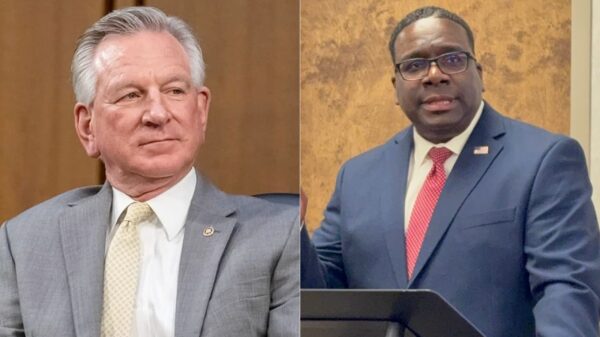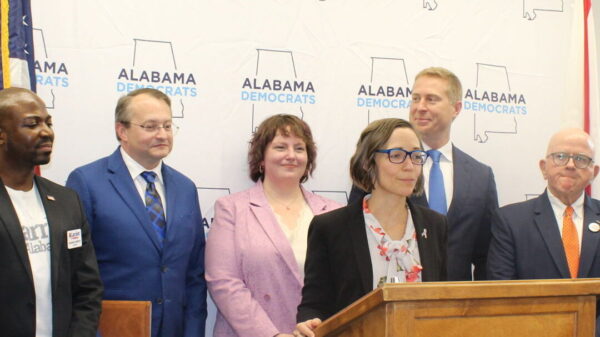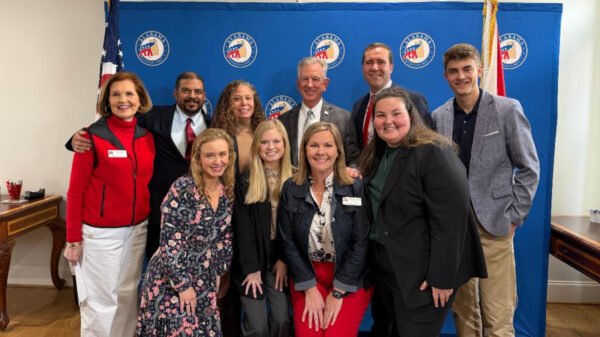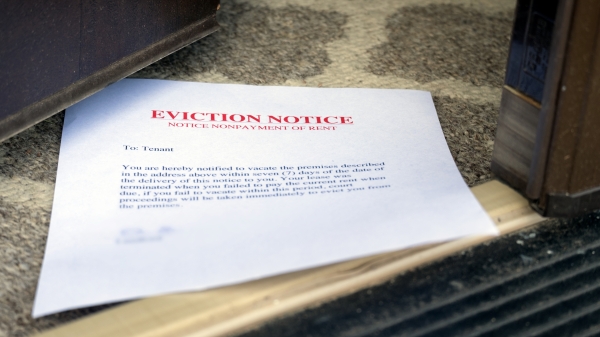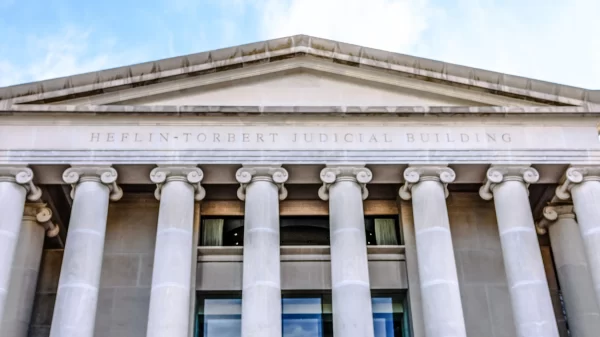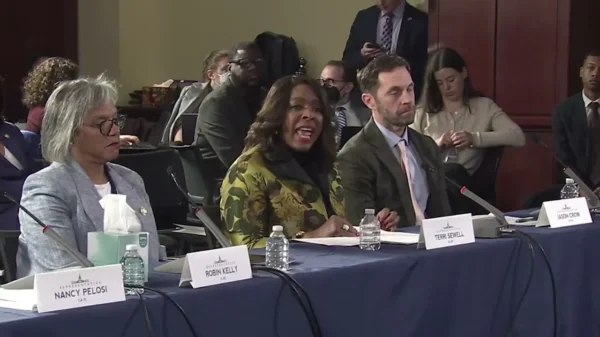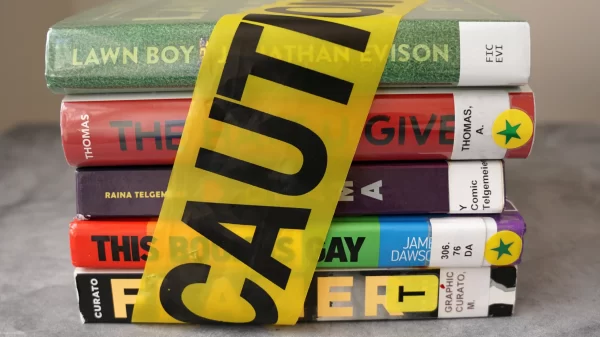In a sweeping rebuke of recent federal actions targeting LGBTQ+ Americans, Alabama Equality issued a blistering statement Thursday condemning both the U.S. Supreme Court’s decision to uphold Tennessee’s ban on gender-affirming care and the Trump administration’s move to eliminate dedicated suicide prevention services for LGBTQ+ youth.
The group, led by former state legislator Patricia Todd, warned that these developments represent a coordinated rollback of hard-won civil rights—during Pride Month, no less.
“Even though I will celebrate my 70th birthday next month, I am still a fighter for marginalized communities—especially those who identify as LGBTQ+,” said Todd, co-chair of Alabama Equality. “We have work to do, and we need our community and allies to join us.”
The Supreme Court’s 6–3 decision this week allowed Tennessee’s law banning puberty blockers and hormone therapy for minors to stand—effectively greenlighting similar legislation in dozens of other Republican-led states. The conservative majority, led by Chief Justice John Roberts, claimed the law does not discriminate based on sex or transgender status. But LGBTQ+ advocates say the real impact is devastating.
“Gender-affirming care is medically necessary, life-saving treatment,” Alabama Equality said in its statement. “Denying it increases the risk of depression, anxiety, and suicide. The Supreme Court chose politics over people—and young people will suffer because of it.”
The blow was compounded by news that the Trump administration will eliminate the 988 Lifeline’s “Press 3” option—a specialized service created in 2022 for LGBTQ+ youth in crisis. The program, which has fielded more than 1 million calls since its launch, will be cut off on July 17.
Mental health experts and advocacy groups have warned the move will endanger lives. The Trevor Project, which operates one of the nation’s largest crisis support networks for LGBTQ+ youth, called the decision “cruel,” “callous,” and “catastrophic.” LGBTQ+ youth are already more than four times as likely to attempt suicide than their peers.
Alabama Equality echoed that sentiment.
“These actions demonstrate a callous disregard for the health and well-being of LGBTQ+ Americans,” the group said. “At a time when hate crimes are rising and rights are under assault, our government should be protecting vulnerable communities—not turning its back on them.”
The dual blow lands in the heart of Pride Month and as the nation marks ten years since marriage equality became the law of the land. But rather than celebrating progress, Alabama Equality warns that the clock is turning backward.
From bans on gender-affirming care and restrictions on Pride celebrations to threats against marriage equality itself, the message is clear: the fight is far from over.
“We call on all Alabamians—LGBTQ individuals and allies alike—to stand up, speak out, and reject hate in all its forms,” the group said. “We dare defend our rights.”
What’s at Stake:
-
Gender-affirming care bans: Now active in over 25 states, including Alabama. These laws criminalize treatment endorsed by every major medical association.
-
Suicide hotline cuts: LGBTQ+ youth-specific hotline support will be eliminated nationally on July 17. The service was a vital resource, especially in rural and Southern states where local support is limited.
-
Broader rollback: With Supreme Court support and executive-level decisions, Republican leaders are targeting LGBTQ+ rights under the guise of “parental rights” and “state’s rights.” The timing during Pride Month makes it hard to ignore the symbolism—and the cruelty.
Alabama Equality’s statement ends with a challenge—not just to lawmakers but to everyday Alabamians: refuse complacency and reject cruelty dressed up as policy.
Because for too many LGBTQ+ youth in Alabama, silence is not an option. It’s a death sentence.

